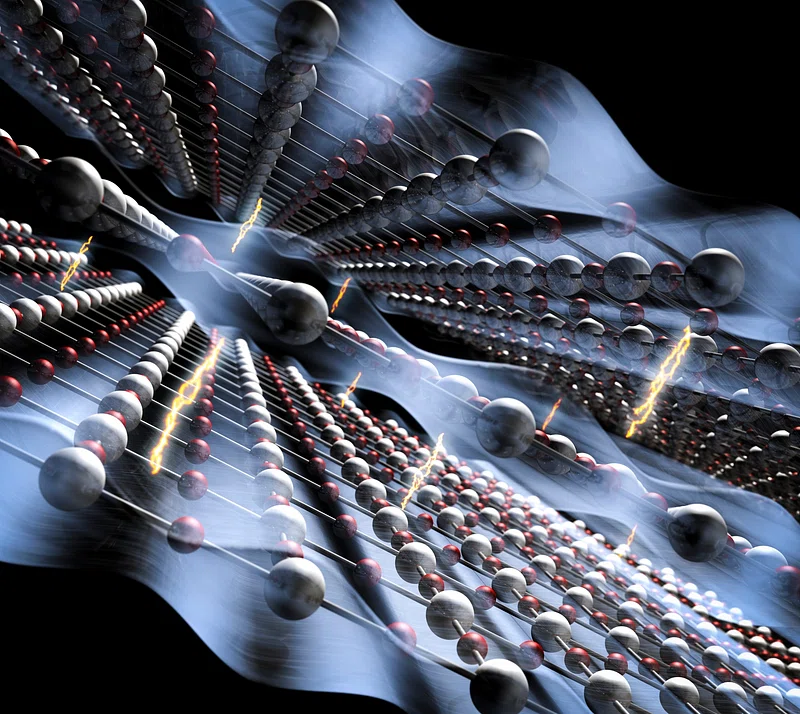When it comes to hot flashes, many women panic because they instantly draw a link to menopause. According to some studies, as many as 75% of all women experience hot flashes at some point. If you’re just starting to experience them, you’ll find more valuable information in this guide. What causes them? How do you treat them?
Causes of Hot Flashes
As the name suggests, a hot flash is the sudden feeling of warmth throughout the body. While some people get a flushed face, others start sweating. Unfortunately, despite the many technological advances, scientists still don’t quite know why they occur. However, they believe it could relate to circulation changes in the body.
Although some people experience them during the night, and these are often referred to as night sweats, others experience hot flashes in the middle of the day. As a symptom of menopause and perimenopause, your hormones also play an important role.
Read More: Women’s Health Unique Issues To Face
Preventing Hot Flashes
Unfortunately, the very fact that they’re related to the menopause process means that there’s very little you can do to prevent hot flashes. Depending on the individual in question, these hot flashes can last for a few months, or they can go on for numerous years. According to scientists, the average duration for women is around seven years.
While you can’t prevent hot flashes, you can learn triggers for your own body. For example, you might notice that stress leads to more hot flashes. Elsewhere, it could be spicy food or tight clothing that leads to hot flashes. Other common triggers include:
- Alcohol
- Stress
- Caffeine
- Heat
- Cigarette smoke
- Anxiety
- Medication
- Cancer treatment
If you can steer clear of your triggers, you may limit the number of hot flashes you experience over the coming weeks and months.
Treating Hot Flashes
Medical experts are aware of hot flashes and are generally unconcerned by the issue since it’s a common side-effect of menopause and doesn’t cause long-term damage. Although it makes women feel uncomfortable and self-conscious, hot flashes are harmless alone. This being said, you should seek medical attention if your hot flashes are paired with weakness, weight loss, illness, fatigue, or excessive diarrhoea.
If you’re not overly concerned about your hot flashes, the best solution is to ignore them and deal with them in a way that suits you. If you are affected by hot flashes, there are some solutions that you can try.
For instance, doctors have developed HRT (hormone replacement therapy), and this is known to reduce hot flashes severely. Furthermore, you can make some lifestyle changes, including the removal (or reduction) of alcohol, coffee, and smoking. Elsewhere, you can wear loose clothing, use fans around the home, and use a sheet on the bed rather than a thick duvet.
As time goes on, more and more women are also swearing by herbal treatment for hot flushes. Consequently, this is potentially another area to explore. A naturopath will offer a combination of herbal treatments to alleviate the problem.
If you speak to some women, you’ll also find that plant oestrogen is growing in popularity. Often found in soy products, these products offer an effect similar to oestrogen and could help with hot flashes.
Naturally, it’s best to talk with your doctor if you’re concerned about your hot flashes. Equally, speak with a professional before you start treating hot flashes if you’re currently undergoing cancer treatment. Breast cancer and some other forms already affect the hormones in the body, and therefore, HRT isn’t recommended in these cases.
Understanding the Symptoms and Treatment Options
Hot flashes are a common symptom experienced by women, especially during menopause. They are described as a sudden feeling of warmth or heat that spreads throughout the body, often accompanied by sweating and rapid heartbeat. Hot flashes can be uncomfortable and disruptive to daily life, causing sleep disturbances, anxiety, and irritability.
While the exact cause of hot flashes is not fully understood, they are thought to be related to changes in hormone levels, specifically the decline in estrogen levels that occurs during menopause. Other factors contributing to hot flashes include stress, certain medications, and lifestyle factors such as smoking and alcohol consumption.
There are several treatment options available for women experiencing hot flashes. Hormone replacement therapy (HRT) is a common treatment that involves taking estrogen to supplement the body’s natural levels. However, HRT is not without risks and should be carefully considered by a healthcare provider. Other treatment options include non-hormonal medications, such as antidepressants and anti-seizure drugs, and lifestyle changes, such as maintaining a healthy weight, exercising regularly, and avoiding triggers such as spicy foods and hot beverages.
If you are experiencing hot flashes, it is important to speak with your healthcare provider to determine the best course of treatment for your individual needs. With proper management, hot flashes can be effectively controlled, allowing you to feel more comfortable and focused on the things that matter most in your daily life.
While some people experience them during the night, and these are often referred to as night sweats, others experience hot flashes in the middle of the day. As a symptom of menopause and perimenopause, your hormones also play an important role. Read More: Women’s Health Unique Issues To Face



